It was my first time going to the church. I followed the stairs down to a linoleum-tiled basement where it looked like bingo games or support group sessions might be held. But that night, it held a mass of underground rock fans in denim jackets, ripped jeans, and more than a few Strokes T-shirts.
There were already empty beer cans starting to accumulate on the floor of the BYO venue, while audience members awaited the night’s opening act, The Marías. The LA-based band filled the room with a velvet sound made up of slow jazz guitar, smoky vocals, and a well-placed kick of the drum. Their music, paired with the old wood paneling on the walls, brought a psychedelic tranquility evocative of California in the 1970’s. The separate components came together to form a sound that washed over me, renewing my soul in a way that felt sonically religious.
And then, after a 20-minute interlude, came the voice of Albert. While a spotlight focused on the empty stage, his voice boomed over the crowd in a rendition of Jim Morrison’s screaming chant, “YOU CANNOT PETITION THE LORD WITH PRAYER!” Then, Hammond Jr., dressed in a Bowie-esque striped jacket over a Marc-Bolan-silhouetted T. Rex T-shirt (a purposeful pairing?), plunged into the loaded riffs of “Postal Blowfish,” establishing an undulation of dancing throughout the house. He pushed through to “Holiday” and “Set to Attack,” the former of which he opened with at a World Café Live show earlier that same day.
In the building excitement, a singular voice rang out screaming, “Fuck us harder, Albert!” Hammond Jr. cheekily replied with an exploding rendition of “Harder, Harder, Harder” that led to a mosh pit once he jumped off the edge of the stage and into the crowd. I, standing at a mere 5 feet tall, got swallowed up in the force of the crowd for a bit, but not before I got a chance to mosh alongside the rock star himself.
In the beautiful chaos, I managed to secure a spot at the front for the rest of the over 15-song show that featured pieces from not just his latest album Francis Trouble, but also from Yours to Keep, ¿ Cómo Te Llama? and his EP, Ahj. Though the initial rise of The Strokes was almost 20 years ago now, Albert still performs with all of the infectious energy that he had as a young up-and-coming artist, full of excitement and profound love of hard rock. But it feels wrong to mention The Strokes at all, because even though they helped bring Albert into prominence, his now well-established solo work has a massive power on its own. It might be a painful truth for Strokes die-hards, but it’s one that needs to be heard.
The intensity he brought to renditions of “GfC,” “Strangers,” and “Far Away Truths,” hit me in a wave of rock that reminded me of the first time I heard the sound of Hammond Jr.’s rhythm guitar on a mixtape in middle school. These same rhythms are still at the heart of his music, and are the reason he continues to sell out shows across the country. He could have easily played a larger venue in Philadelphia, but his choice of First Unitarian shows that he still sees rock as an intimate experience with the audience – full of diving into crowds, jumping off amps, holding reached out hands, and crashing into drum sets in a sweaty fit of infectious exhilaration.
He ended the set with “In Transit,” a song of freedom and rebellion from Yours to Keep, Hammond’s first solo album. So fundamental in the style of both its lyrics and its instrumentation, the song stands out as an anthem of Hammond Jr.’s version of rock: a balance of unity and loneliness, as well as of upbeat strumming and hot blues riffs. But the show didn’t end there.
When the audience persistently chanted “One more song!” Hammond Jr. and the band returned to the stage to play a short set of five more, including a version of “Blue Skies” in which he crooned into the microphone with a poignancy that brought many to tears. He ended the night with a rendition of “Muted Beatings,” the first single released off of Francis Trouble, with an effort that exhausted every ounce of energy he had left in him, finishing with a biting repetition of one of his better couplets from the album, “Where will we go? / I don’t care!”
The night was a full display of Hammond Jr.’s continued strength as a soloist. His quiet allusions to rock legends like Marc Bolan and Jim Morrison show that he sees himself as growing into his own place of individual importance in rock history. The wild energy behind his performance is his effort to translate the power of classic rock into a modern sound of similar importance. The show was at times both comforting and invasive, bringing me to such extreme levels of emotion on both ends of the spectrum that left me blissfully overwhelmed in a love of rock and roll. And in those distinctive moments of sonic emptiness that followed the burst of his final chord – the ones in which the mind clings to what has immediately become a memory of a fleeting experience – the words of “Rocky’s Late Night” echoed in my head, and I knew I was no longer the same as I was before.
